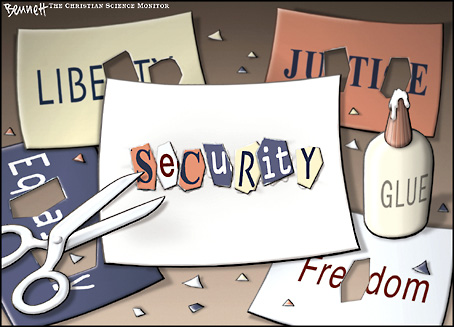Just came across this bit of news from the Arab world:
The Arab League is to step up the fight against intellectual property (IP) theft, piracy and counterfeiting, which costs the Arab world up to $50 billion each year.[…]
In many countries across the region, over half of all software in use is believed to be counterfeit, and local attitudes to the concept of IP are said to contribute to the growing problem, with piracy still viewed by some as a harmless crime.
‘Arab World Protect 2008: The First Arab Consumer and Brand Protection Forum’, to be held in Jeddah in October, hopes to raise awareness of the economic ramifications, social costs and health and safety risks posed by piracy, and develop strategies to combat the problem.
[…]
According to the Business Software Alliance, software piracy rates in 2006 reached 84% in Algeria, 79% in Tunisia, 73% in Lebanon, 66% in Morocco, 63% in Egypt and 61% in Jordan.
In GCC countries, the rates stood at 64% for Kuwait, 62% for Oman, 60% for Bahrain, 58% for Qatar, and 52% for Saudi Arabia.
The UAE at 35% is the only country in the region at the average global piracy rate, and the only Arab country in a world list of 20 countries for the lowest piracy rates for 2006.
[Source: ArabianBusiness]
It’s true software piracy is a big problem in the Arab world, with many people viewing it as normal, mostly not even qualifying it as a crime, and even those who do think it’s a harmless one.
Still, words and condemnation are not enough, not even laws are enough, you can’t tell people not to buy pirated software and that they’ll be punished for it when they have no other way to get the software at an accessible price, especially if their jobs depend on it.
Governments in developing countries should negotiate lower software prices for businesses and individuals, free student licenses, and maybe encourage more use of free and open source software.
In short, people should be given reasonable options, and then if they leave them and keep going to piracy and breaking the law, they can be punished for it.

